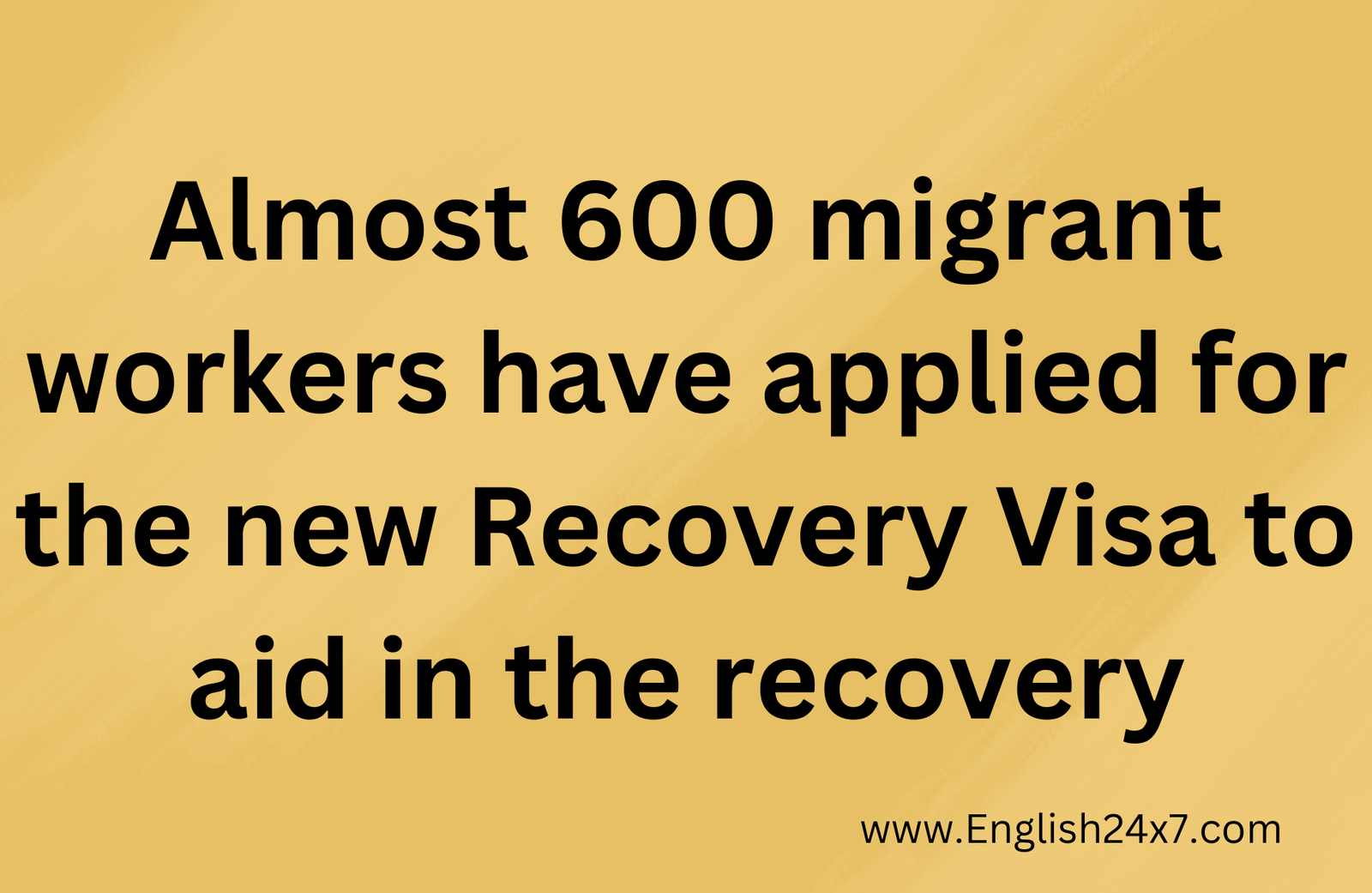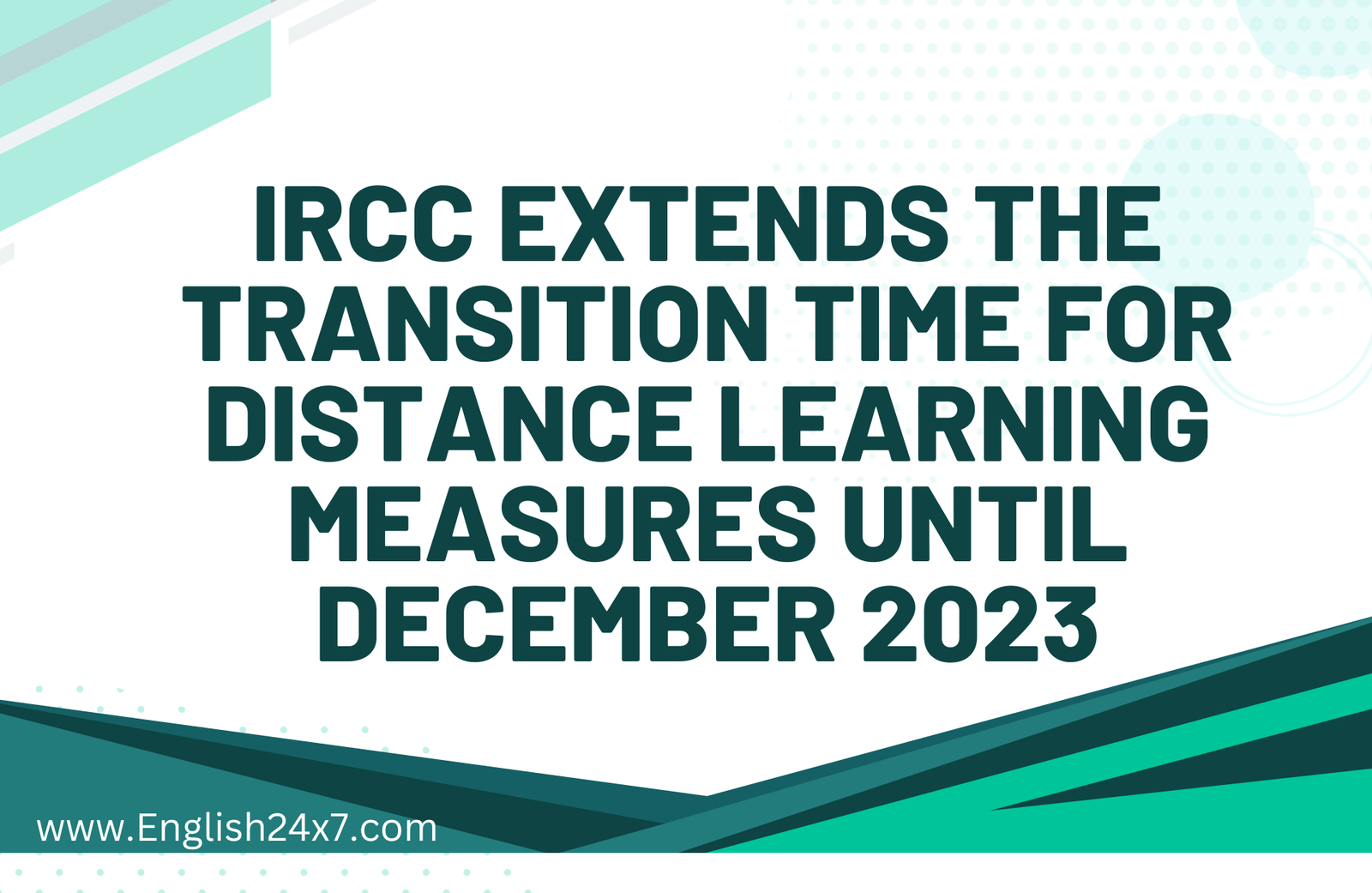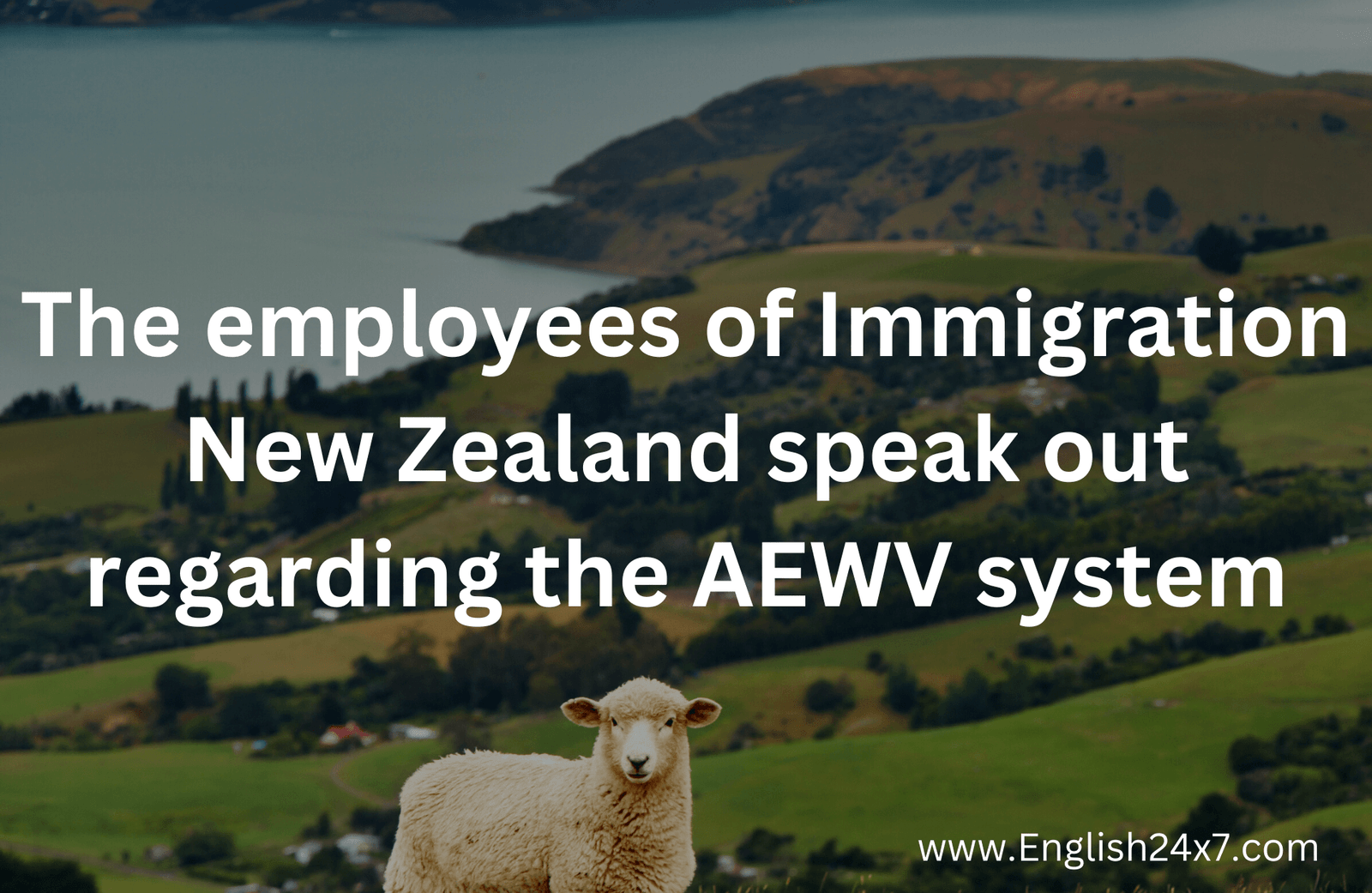
Almost 600 migrant workers have applied for the new Recovery Visa to aid in the recovery
Following Hurricane Gabrielle and the flooding in Auckland, "the Government is moving rapidly to enable businesses to bring in the employees needed to recover," Michael Wood said.
About 600 people have applied for and been granted the new Recovery Visa in just the first month. These individuals will help with the cleanup and restoration efforts following natural disasters such as cyclones and floods.
The skilled personnel already in the country will need to be supplemented by construction workers, engineers specializing in infrastructure and utilities, and operators of large machinery in the near future.
The Recovery Visa has only been available for a little over five weeks, but the early numbers look promising as we recruit workers to help rebuild devastated areas.
There have been a total of 602 successful Recovery Visa petitions, with another 287 now being processed and 75 being either denied entry or withdrawn.
Applications submitted to Immigration New Zealand are being prioritized, and the agency now processes them in an impressive four days on average.
The majority of successful candidates for Recovery Visas were construction workers (253), followed by cleaners (108) and carpenters (42).
There have been 161 accepted applicants who have already arrived in New Zealand, but it takes time for people to book flights and make other travel arrangements. Over the next few days and weeks, this figure is anticipated to rise.
More than half of those who were issued weather-related special purpose visas prior to the Recovery Visa program's inception has already arrived.
Other initiatives to promote access to additional offshore labour will be introduced when more information about the scale and specialized skills needed for the recovery becomes available.
The responses to the earthquakes in Christchurch and Kaikoura followed the same visa procedures. The Recovery Visa, however, will not resolve the issue of widespread labour shortages.
While Michael Wood acknowledges that the visa may not be as popular as in the past, he emphasizes the significance of having a variety of options available to deal with the unique circumstance and aid in the recovery.







